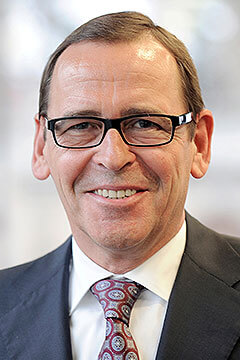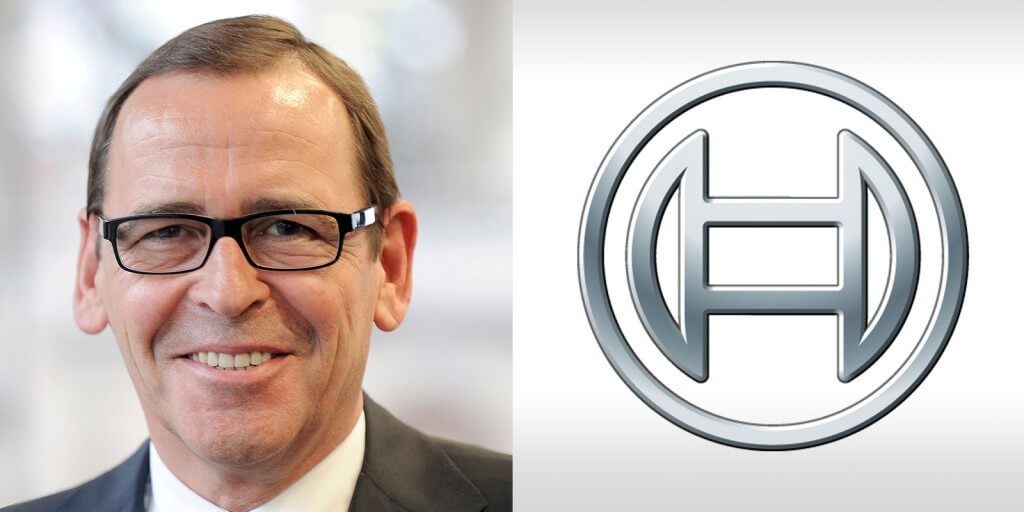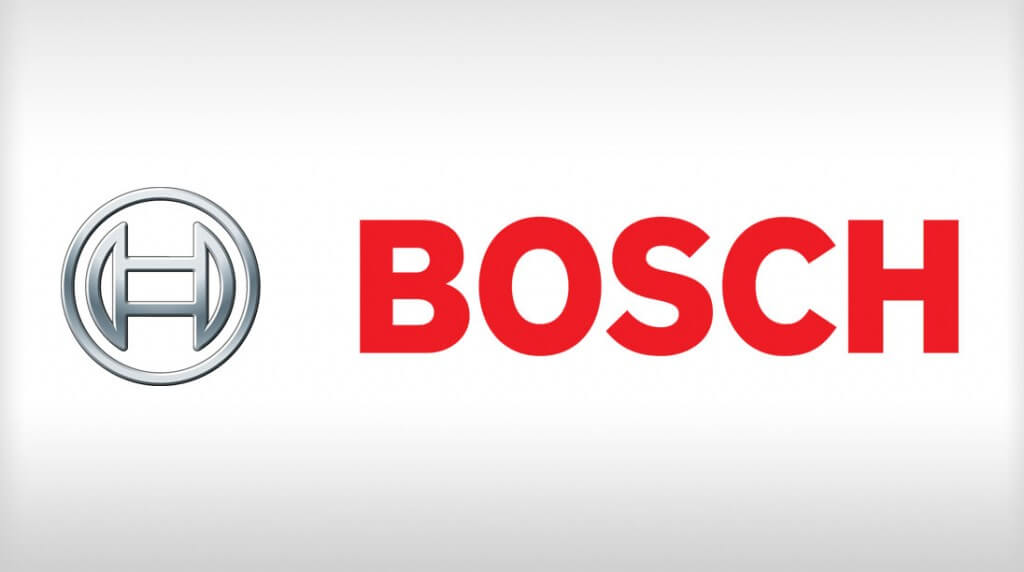
Peter Tyroller
THE Robert Bosch group remains confident about the future of its Australian operation, which not only continues to develop automotive technology and products, but is also moving into new areas including agriculture and industrial machinery.
The company was hit hard in 2010 when slumping sales of Australian-built cars forced Bosch to send its brake systems manufacturing operations offshore, with the loss of 300 jobs.
The directors of the German group knew the company had a valuable engineering group in Australia and were prepared to allow it to address non-automotive areas in order to keep it together and maintain revenues, parent company director Peter Tyroller told GoAuto.
Speaking at the opening of Bosch Australia’s new $40 million headquarters in Melbourne’s south-east, Mr Tyroller said he believed the local operations were developing products that would spread around the Bosch world.
“We have now decided that Australia is the centre of competence for trailer safety globally,” he said.
“That is for me a super-good example how you can develop, based on a specific problem in a country like Australia, where there have been a lot of trailer accidents, solutions to avoid them … and then transfer those solutions to the rest of the world where trailers are a big issue, like in the US and some parts of Europe. This works extremely well.”
After the 2008 global financial crisis and the 2010 down-sizing at Bosch Australia, the group had to find a new approach if the Australian operations were to survive.
“We had to react pretty fast to the automotive industry stepping out, so we have been reconsidering what would be a proactive approach, not just follow the downturn.
“We have been searching for other activities and we came up with some activities, trailer safety engineering support worldwide. There could be other areas. We are selling assembly machines to other industries.”
The engineers who developed the products for the brake systems now made overseas were still developing new products in this area for other Bosch affiliates to manufacture.
“We made application (to head office) for some activities, like work on the chassis and safety control side, and we still do work out of Australia for Ford in the US. And it works, despite the time difference.”

Bright future: Bosch director Peter Tyroller discussed the future of Bosch Australia at the opening of its new $40 million headquarters in Melbourne’s south-east.
In addition, Bosch Australia is now the only Bosch company producing diodes for vehicle alternators and is planning to double production in the next few years by selling to non-Bosch customers.
The need to keep the engineers busy has led the company into fields where the Bosch group has never operated before, Mr Tyroller said, with one example being a move into agriculture.
“We are actively going into smart agriculture, because Australia is very well known for agricultural solutions and broad-acre farming.
“We now have also invested in this start-up company, The Yield, based in Tasmania, and I was there this Sunday.
“In relation to our normal activities it is a very small investment, but it’s an idea, it’s a start-up and it’s an approach where we see potential because the agricultural market is huge globally.”
Bosch sees food production as a huge growth area and if the Tasmanian project succeeds, the technology could take the Bosch group into a whole new global market.
“So, imagine in 2050 or around then, we need to have food available for more than nine billion people and the available soil is not getting more, it is getting less on a global scale, and the same with water.
“But at the same time people are going up, especially in emerging countries, to a higher value of food. How will it be possible to have sufficient food?
“In the machinery segment the tractors are already kind of robots, but on the actual yield per square metre on the farms, there was basically no productivity increase over the last 15 years.
“So the task now is to increase the productivity of farmers, regardless of what they are producing, by smart solutions, by having sufficient data available with regard to humidity, temperature and soil quality and use this data to improve yields and avoid the risks of the farmer.”
He said the data from the sensors reading humidity, temperature, soil quality and other conditions would be analysed and fed back to the farmer so the appropriate action could be taken.
“The data can be used to control the irrigation system, it can be linked to fertiliser distribution, and it can be used to help avoid diseases. Diseases are often a function of a bad combination of temperature and humidity.”
Mr Tyroller was also impressed with the way things can get done in Australia.
“But what is good here, in my opinion, compared to various other regions in this world is that the institutions are working very closely together. That means universities, government, farmers, banks, they are all pretty much connected and everybody knows each other.
“On a global scale the market here is pretty small, but the advantage here is this connected industry, which is providing possibilities to develop solutions for farmers faster than in other areas.”
“It is very well co-ordinated and it is providing a very good base for us to develop solutions for farmers, and not just for Tasmania or Australia, but for the rest of the world to transfer those solutions we are developing here.”
Mr Tyroller said that the company had also branched out into the design and manufacture of production machinery for other companies.
“The team here developed machines only internally. It was the tool shop, more or less, for the manufacturing operations.
“Based on that knowledge they gained over decades, they are in a position now to offer solutions to other industries here in Australia.
“So they are selling machines to other industries, assembly machines or packaging machines. They are capable to do that. It is really a nice area. It keeps them busy. It’s profitable. Why not?
“So, we make use of what we have and try to adapt to what the market needs, its problems, its requirements and try to develop solutions. That’s the main purpose.”
By Ian Porter













 Read More: Related articles
Read More: Related articles

